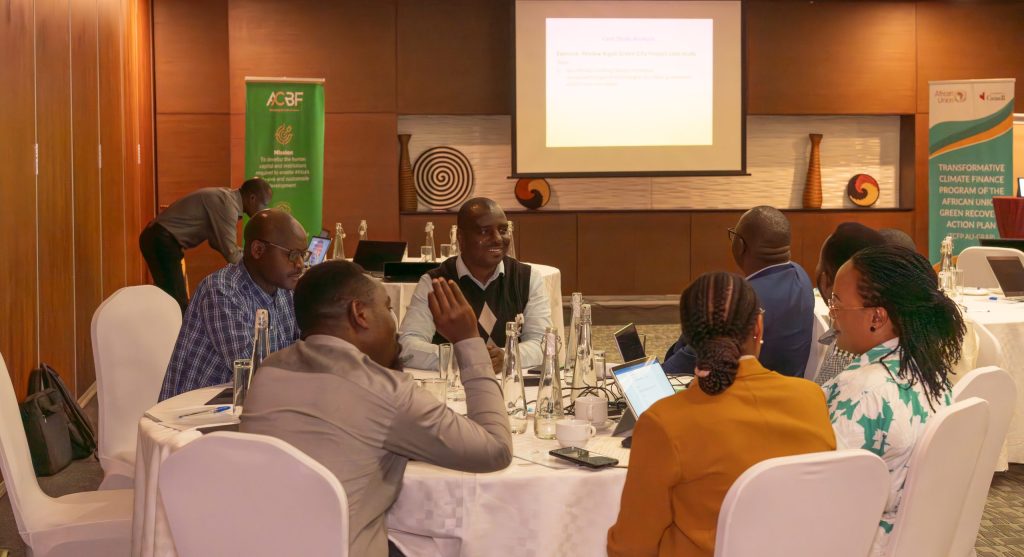
In collaboration with the African Union Commission, we organized workshops from July 1 to Aug. 8, 2025, in Lesotho, Namibia, Rwanda, Senegal and Côte d’Ivoire, with funding from Global Affairs Canada and technical support from the Global Green Growth Institute and the AliDouglas Development Consultancy.
These workshops form part of ACBF’s Climate Change and Energy for Productive Use program, which helps African countries design and launch bankable projects that drive climate adaptation and promote green growth.
The initiative advances the goals of Agenda 2063, which envisions a prosperous, resilient and sustainable Africa. It builds the capacity of institutions and communities to access and manage climate finance, tackling the urgent climate challenges that heavily affect developing nations and vulnerable populations.
It also supports Aspiration 1 of Agenda 2063, focused on inclusive growth, natural resource management and environmental sustainability. At the same time, it aligns with Aspiration 7, which seeks to position Africa as a resilient and influential global player.
The sessions brought together government institutions, civil society, academia, and private sector actors.
They equipped participants with the knowledge, skills, and tools to mobilise and deliver climate finance in an inclusive and gender-responsive manner.
In each of the five countries, the workshops adapted AU-GRAP’s five thematic pillars to national policies, investment priorities, and institutional frameworks.
Training modules were tailored using each country’s Climate Needs Assessment and combined in-person facilitation with expert-led virtual sessions.
More than 300 participants attended, including senior officials, municipal authorities, women’s networks, universities, youth representatives, and think tanks.
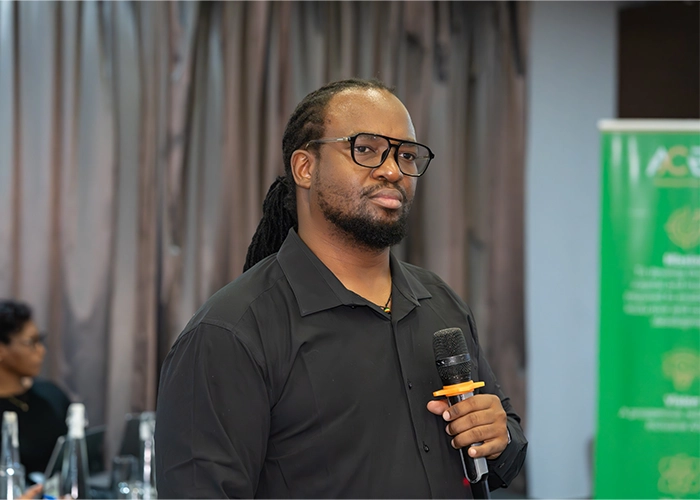
These sessions created momentum for national ownership of climate solutions grounded in equity, evidence, and innovation,
Dr. Nqobizitha Dube
AU-GRAP Capacity Training Lead
Pre- and post-training evaluations showed average knowledge improvements of between 23 and 32 percent, with the highest gains in green urban infrastructure and water systems, climate finance architecture and instruments, and climate-smart agriculture.
Participants left with stronger capacity to develop bankable projects, apply nature-based solutions, and integrate gender considerations into financing strategies.
Participant Voices
In Rwanda, the training struck a chord with those working directly in water resource management.
It was a response to our demands during the country diagnostic, and we are very pleased to discuss climate finance, which is a big question at this time,
We reviewed some of our obvious mistakes and misunderstandings, and it was very clear how to improve. In the future, we would like even more on-the-job exercises to mature project ideas to the point where they can bring real momentum, rather than being abandoned for lack of clarity,” he added.
Musana Segatagara Bernard
Head of the Knowledge and Forecasting Hub Department at the Rwanda Water Resources Board
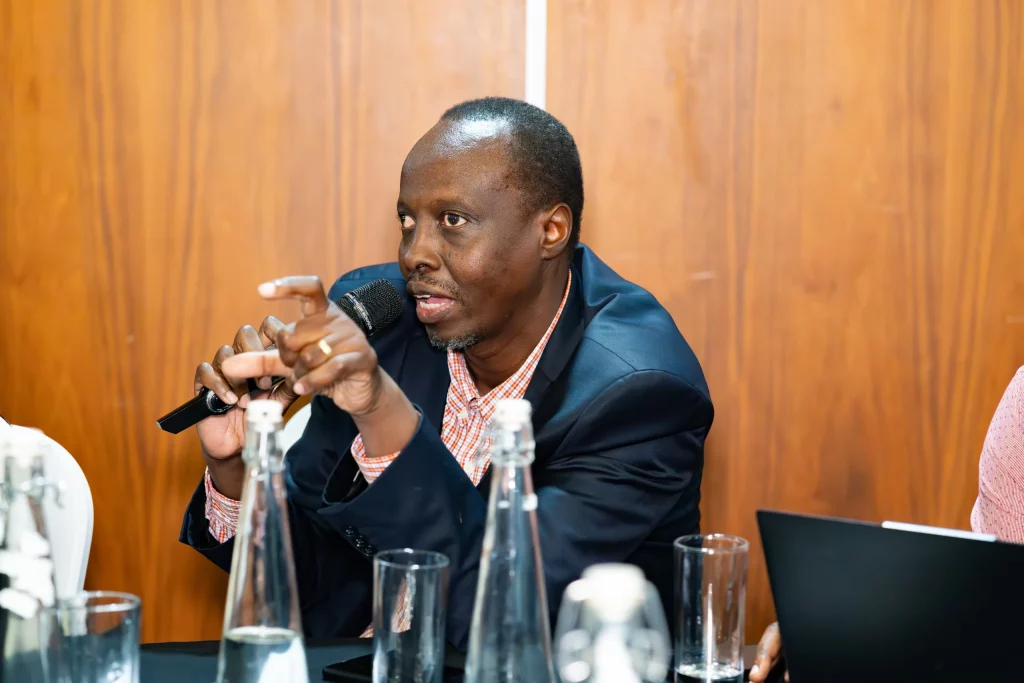
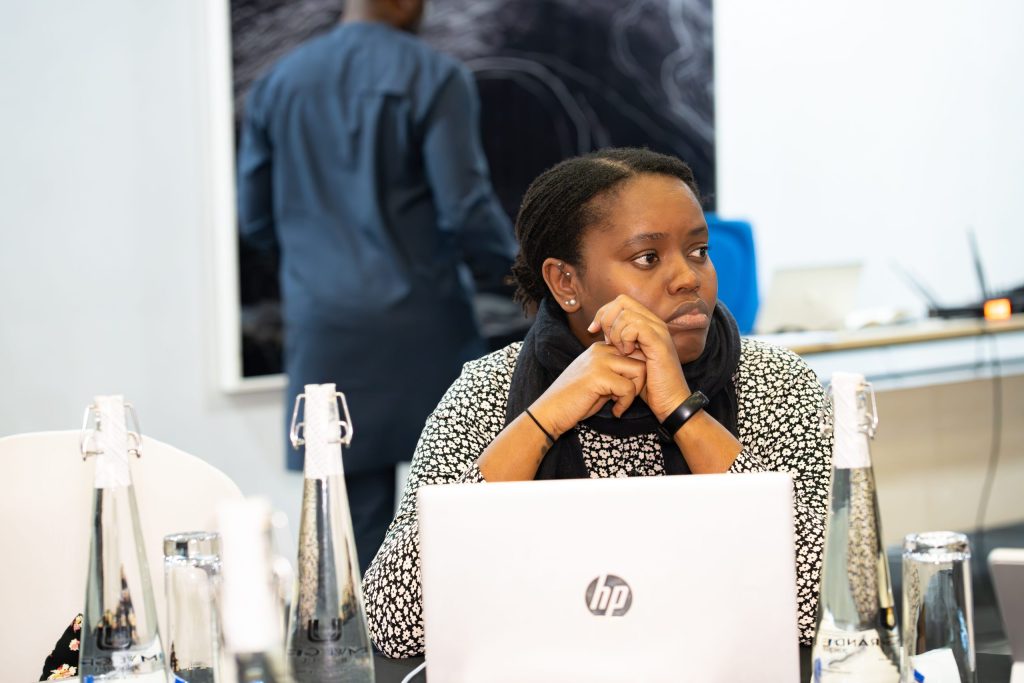
For others, the workshops offered a rare blend of theory and action. “It was really interesting, insightful, and very practical,
They broke down the climate finance architecture, proposal development, donor expectations, and how to actually get into it. My recommendation is a continuation of such trainings, maybe through a community of practice where we exchange findings and support each other,” she said.
Nathalie Neema
Technical Advisor for Project Management and Stakeholder Engagement at GIZ Rwanda
Country Spotlight
In Lesotho, participants in Maseru engaged in highly participatory sessions that covered the full range of AU-GRAP themes. The training concluded with the co-creation of a roadmap to integrate climate finance into the country’s national recovery strategy, ensuring alignment with long-term development goals.
Namibia’s workshop in Windhoek reflected the country’s green hydrogen ambitions and built on the work of the Environmental Investment Fund. Sessions demonstrated how national institutions can successfully access resources from the Green Climate Fund and the Adaptation Fund, while strengthening local capacity for climate finance planning.
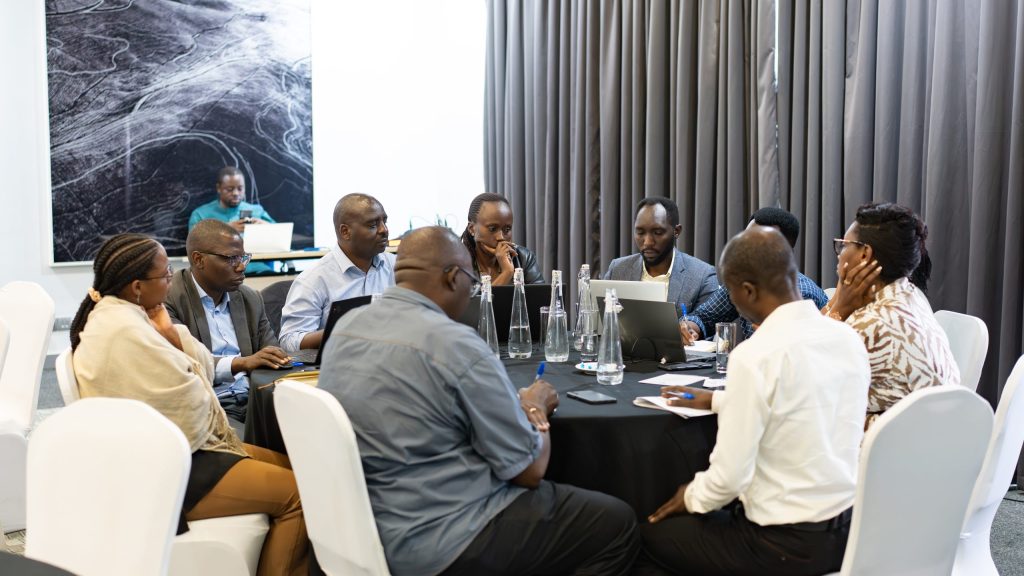
In Rwanda, the sessions in Kigali leveraged the country’s pioneering experience with FONERWA and its advances in urban resilience. Participants examined energy transitions, the integration of indigenous knowledge, and climate-smart zoning tools to strengthen both urban and rural systems.
Senegal’s training in Dakar brought together civil society organisations, academia, and local authorities. Discussions centred on inclusive governance for nature-based solutions and institutional audits for reform, key priorities for the country’s Green Cities programme and its urban, rural development corridors.
The final workshop in Abidjan, Côte d’Ivoire, showcased strong government ownership of the AU-GRAP process. Stakeholders analysed the national climate finance landscape, from institutions such as FONSTI and CNCE to the integration of green priorities into the Plan National de Développement 2021–2025.
Corporate Voices Show Interest
Richard Ndungutse, CEO of Nano Ion Company Limited in Rwanda, attended at the invitation of the Ministry of Environment.
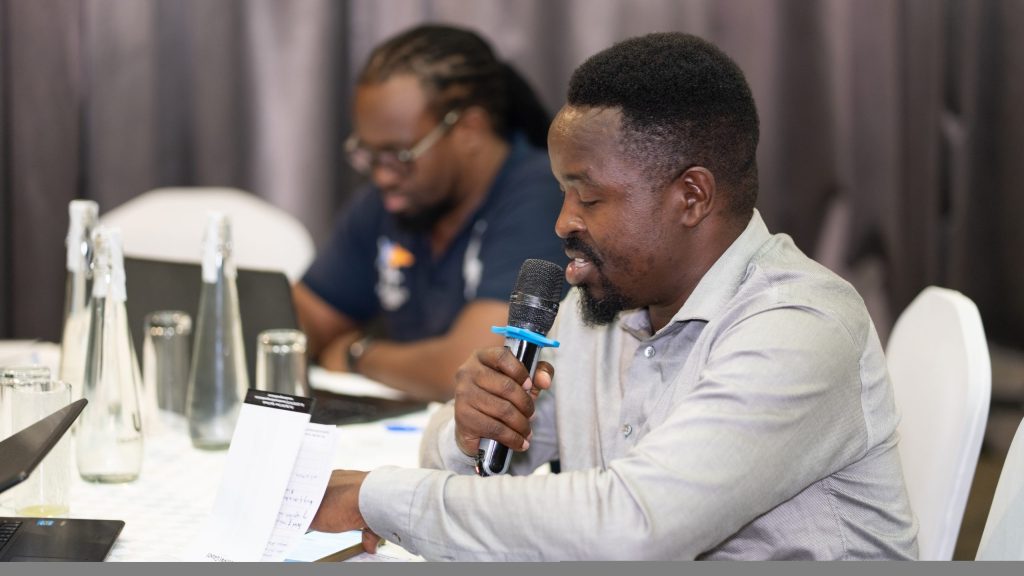
I have benefited a lot from this training because they gave us the perspective on how to seek funds for environmental protection and design projects that attract funders.
We hope to partner with these organisations because they have so much experience to share.
Ndungutse commended the initiative and suggested that it should be expanded to different countries to give capacity to more institutions.
According to Seyram Agemenya, ACBF Programme Coordinator, the workshops are part of a broader vision to transform Africa’s climate finance landscape.
This is just the beginning of engagement with country-level stakeholders around climate finance and the development of multiple programmes. Climate expert teams have been set up in all five countries to lead the implementation of the roadmaps developed during the training,
While we have started with five countries, there is an opportunity to expand these trainings to more countries so that African nations are well equipped and working towards climate action on the continent, Agemenya added.
Seyram Agemenya
ACBF Programme Coordinator
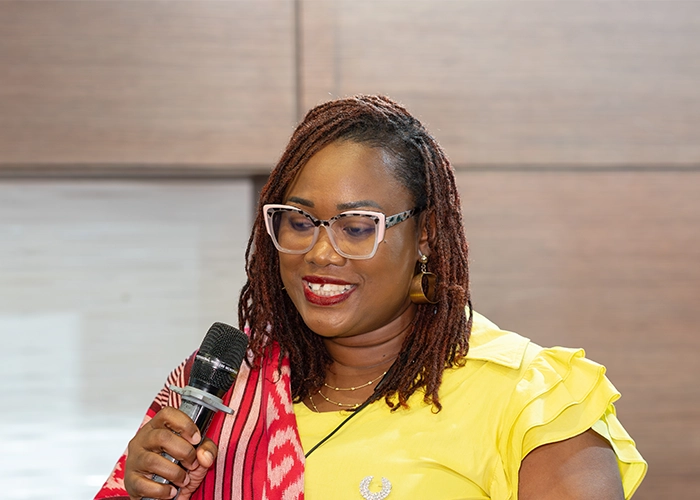
Each country emerged from the training with a national roadmap, forward-looking plans that align AU-GRAP’s thematic pillars with national development priorities.
These roadmaps are expected to inform engagement with the Green Climate Fund, Adaptation Fund, and bilateral donors.
Participants joined a growing AU-GRAP alumni network, coordinated by ACBF, to foster cross-country exchange and mentorship.
AU-GRAP partners plan to deepen this work through thematic webinars on proposal writing, monitoring and evaluation systems, and gender-responsive policy reform, as well as South–South learning exchanges and the publication of a practitioner-focused knowledge series.
We are building capacity and shaping institutions that can lead Africa’s green recovery on their own terms
Mr. Prabhakar Vanam
Lead facilitator for institutional frameworks
The AU-GRAP, which runs from 2021 to 2027, is a continent-wide framework designed to support Africa’s COVID-19 recovery while advancing climate resilience, green growth, and sustainable development.
Watch Participant
Reflections
In these testimonial videos, participants shared insights on the value of the workshop and lessons drawn from the training:
Head of the Knowledge and Forecasting Hub Department at the Rwanda Water Resources Board
In these testimonial videos, participants shared insights on the value of the dialogue and lessons drawn from peer collaboration:






















